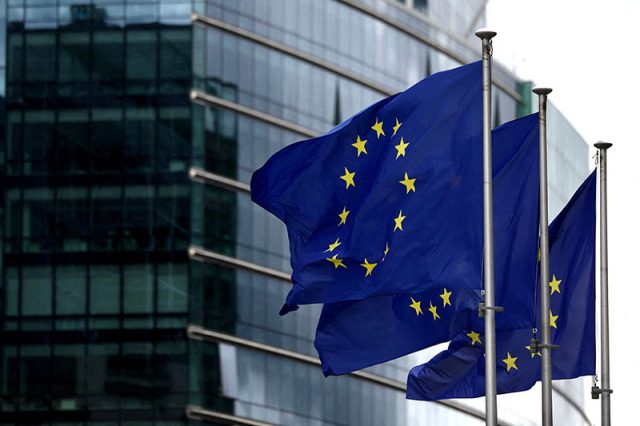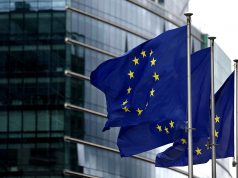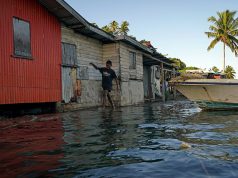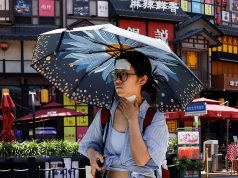
BRUSSELS — The European Union and the Philippines said on Monday they would resume negotiations on a free trade agreement as the EU seeks to tap into Asia’s faster economic growth and gain access to critical raw materials.
Free trade negotiations stalled in 2017 over EU concerns about the human rights record of then Filipino President Rodrigo Duterte, who was succeeded in June 2022 by Bongbong Marcos.
EU trade chief Valdis Dombrovskis said the bloc welcomed the “positive change of direction” taken by the Philippines’ new administration, while encouraging further progress on human and labor rights.
The European Union is the Philippines’ fourth largest trade partner. Trade in goods was worth 18.4 billion euros ($20 billion) in 2022 and 4.7 billion euros ($5.1 billion) in services in 2021. A trade deal could increase trade by 6 billion euros, Dombrovskis said.
The EU has targeted agreements with southeast Asian countries and has accords with Singapore and Vietnam and is in negotiations with Indonesia and Thailand.
The EU is eying Filipino raw materials such as nickel, copper and chromite that it needs for its green transition and for which it is currently heavily reliant on China.
The Philippines’ Commissioner for Trade Alfredo Pascual said his country wanted to secure capital and know-how from EU companies to engage in more domestic processing.
His country already benefits from the EU’s tariff-free GSP+ system for developing countries, but aims to rise to upper middle class income status, when GSP+ would no longer apply.
“We want to be able to lock in the benefits of GSP+, plus more,” Pascual said.
The Philippines currently benefits from tariff-free access to the EU for about two-thirds of products, including coconut oil, vacuum cleaners, tuna and pineapples.
A free trade deal could allow exports of seaweeds, tobacco, wood and ornamental plants, Pascual said.
— Reporting by Philip Blenkinsop; Editing by Ros Russell









